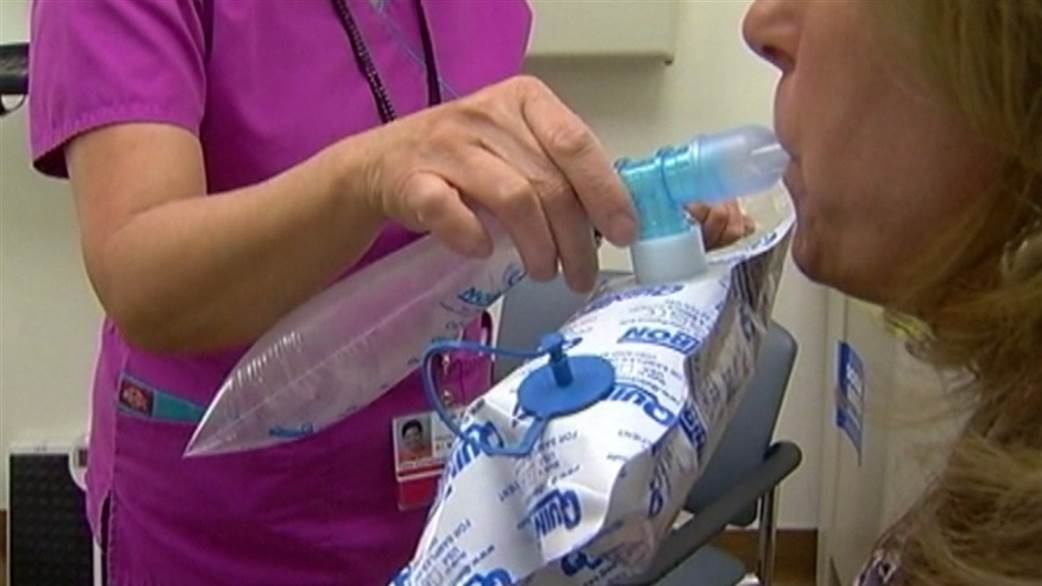Awe-Inspiring Examples Of Info About How To Detect Esophageal Cancer
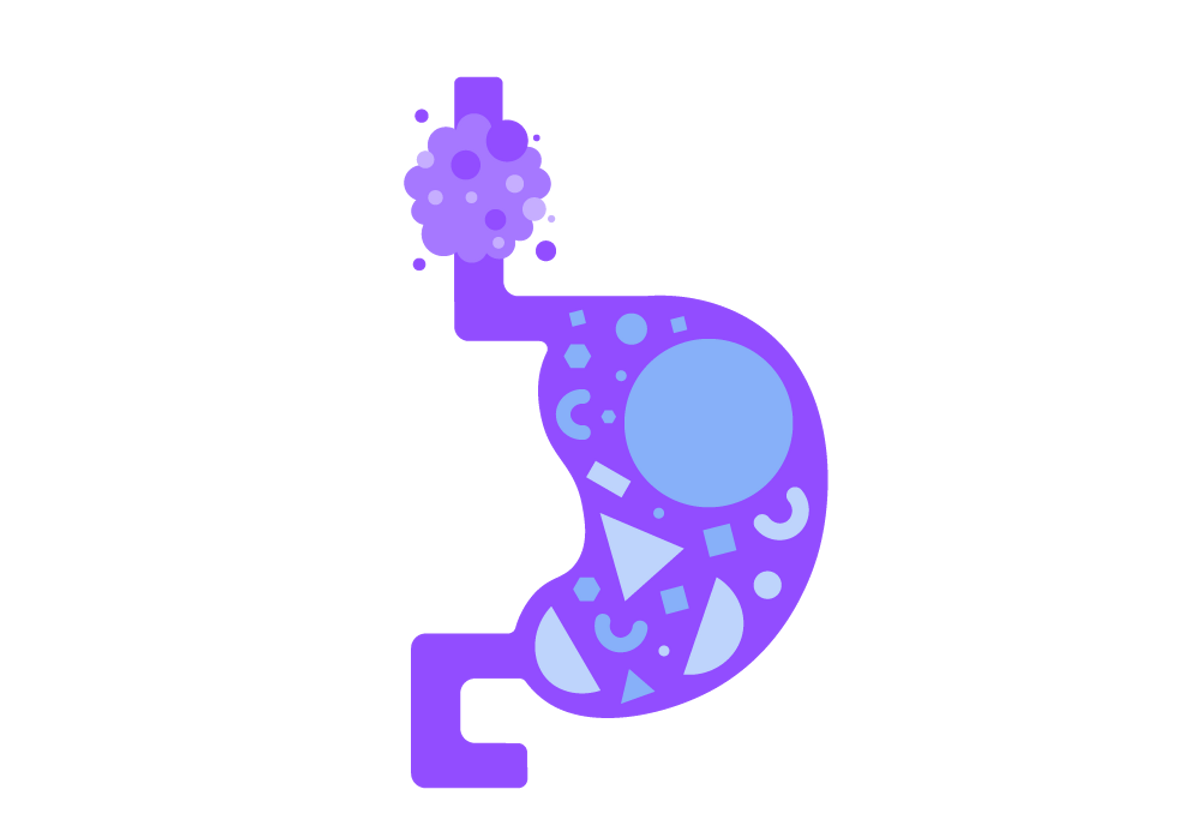
A biopsy is necessary to confirm the diagnosis of cancer.
How to detect esophageal cancer. If your doctor thinks you could have esophageal cancer, they are likely to use the following tests to reach a diagnosis: Tests that examine the esophagus are used to diagnose esophageal cancer. Esophageal cancer surgery may have significant side effects like nausea and vomiting or heartburn.
There are many tests used for diagnosing esophageal cancer. Overview esophagus enlarge image esophageal cancer enlarge image esophageal cancer is cancer that occurs in the esophagus — a long, hollow tube that runs from your throat to your stomach. (eastern time) make an appointment.
Signs and symptoms of esophageal cancer are weight loss and painful or difficult swallowing. How esophageal cancer is diagnosed. Your age and general health.
Certain factors affect prognosis (chance of recovery) and treatment options. To diagnose esophageal cancer, your doctor will review your symptoms, medical history, and examine you. Screening is looking for cancer before a person has any symptoms.
The diagnosis of esophageal cancer can be verified with targeted biopsies. It connects your mouth to your stomach. With an endoscopy, a healthcare professional will insert an endoscope down your throat and into your esophagus.
An endoscope is a narrow, flexible tube with a small camera and light on the end. During endoscopy, your doctor passes a flexible tube equipped with a video lens (videoendoscope) down your throat and into your esophagus. Magnetic resonance imaging (mri) may be useful in detecting esophageal tumors and metastases.
Your doctor may consider these factors when choosing a diagnostic test: Your doctor examines your body to check general signs of health, including checking for signs of disease, such as lumps and swollen lymph nodes. Download section as pdf esophagus cancer early detection, diagnosis, and staging know the signs and symptoms of esophagus cancer.
This can help find cancer at an early stage. The type of cancer suspected. The first is because someone is showing symptoms.
A gastroenterologist (a doctor who specializes in diseases of the digestive system) may be the first provider to recognize the signs of esophageal cancer. We usually diagnose esophageal cancer in one of two ways. In the uk, around 9000 people are diagnosed with oesophageal cancer each year.
By the time symptoms appear, cancer may have begun to spread. Many people treated for esophageal cancer have the following issues: If esophagus cancer is suspected, exams, tests, and a biopsy (a sample of esophagus cells) will be needed to confirm the diagnosis.

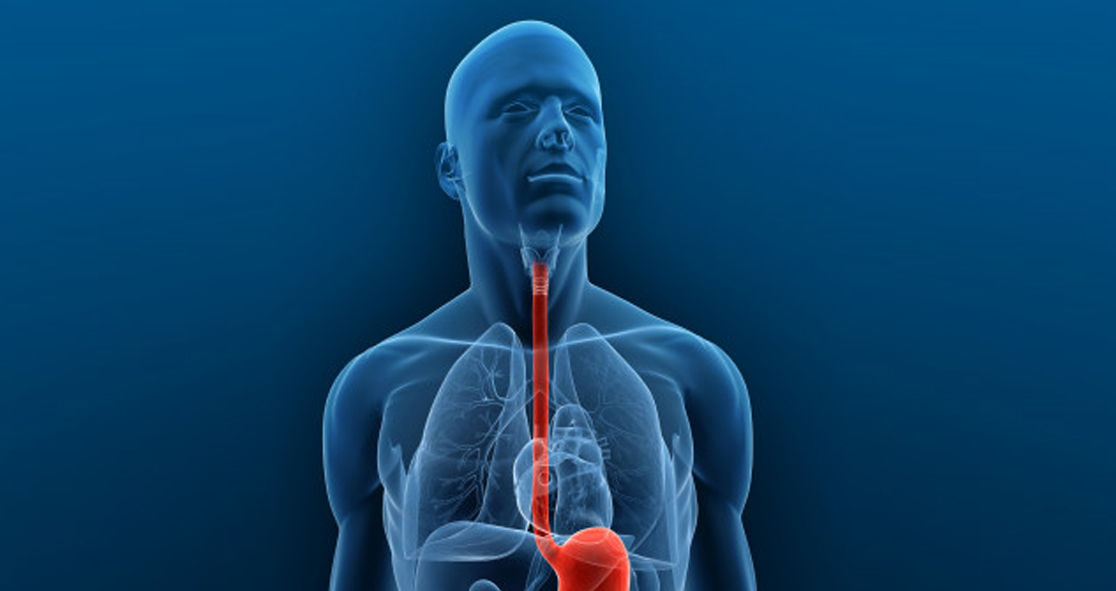


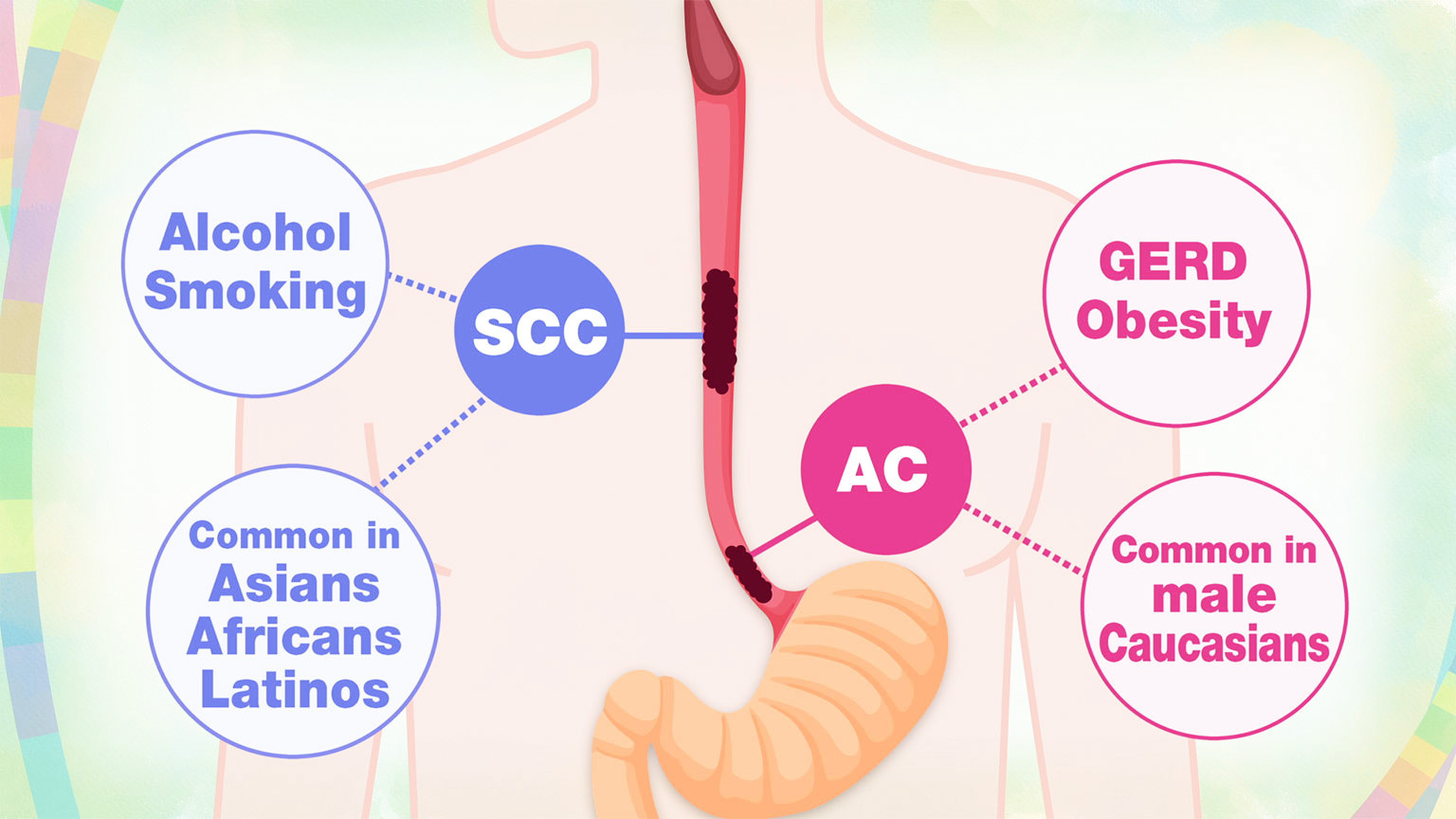
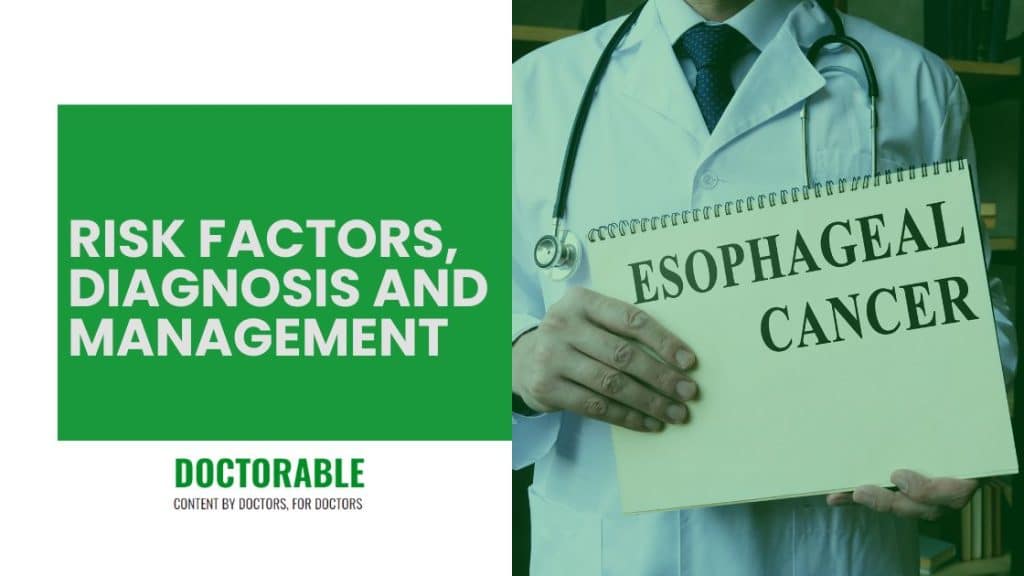

:max_bytes(150000):strip_icc()/Health-esophageal-cancer-symptoms-7555826-final-665cac2d07e44a7e8549aaf784793940.jpg)
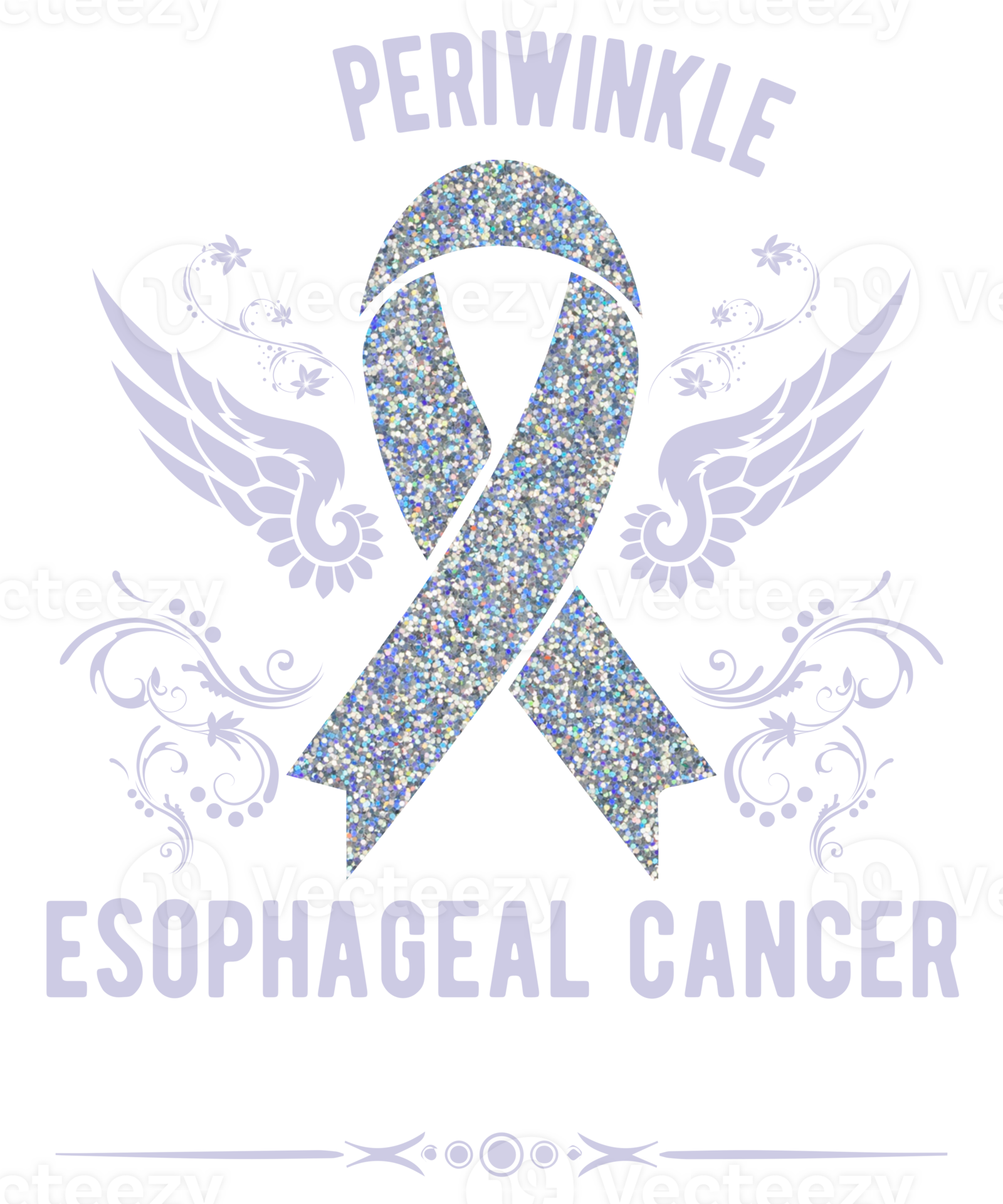




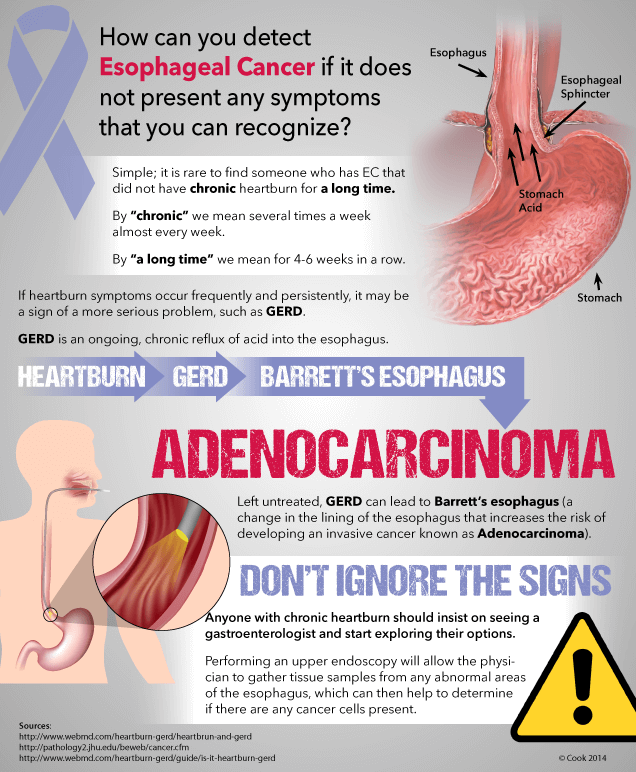
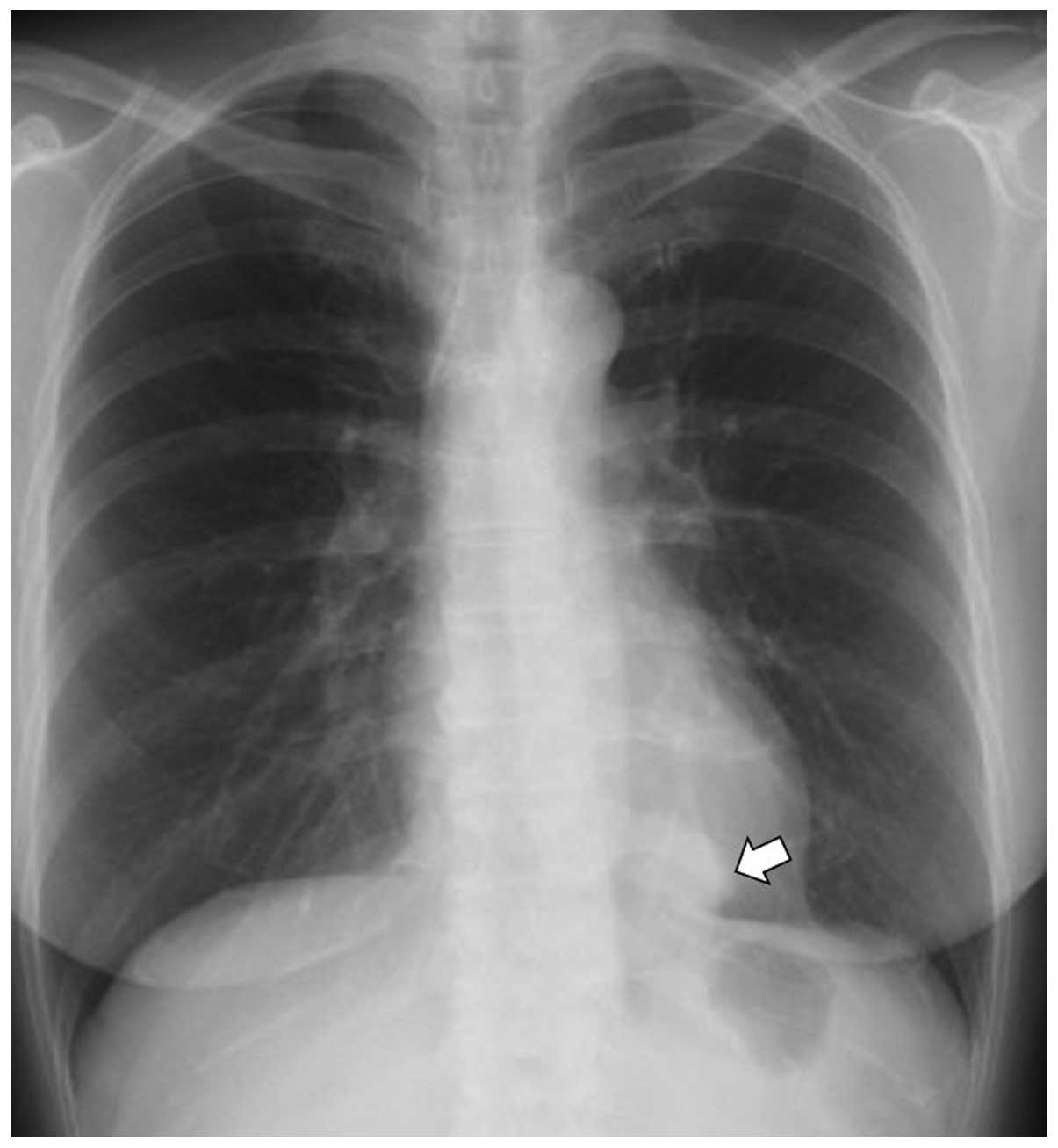
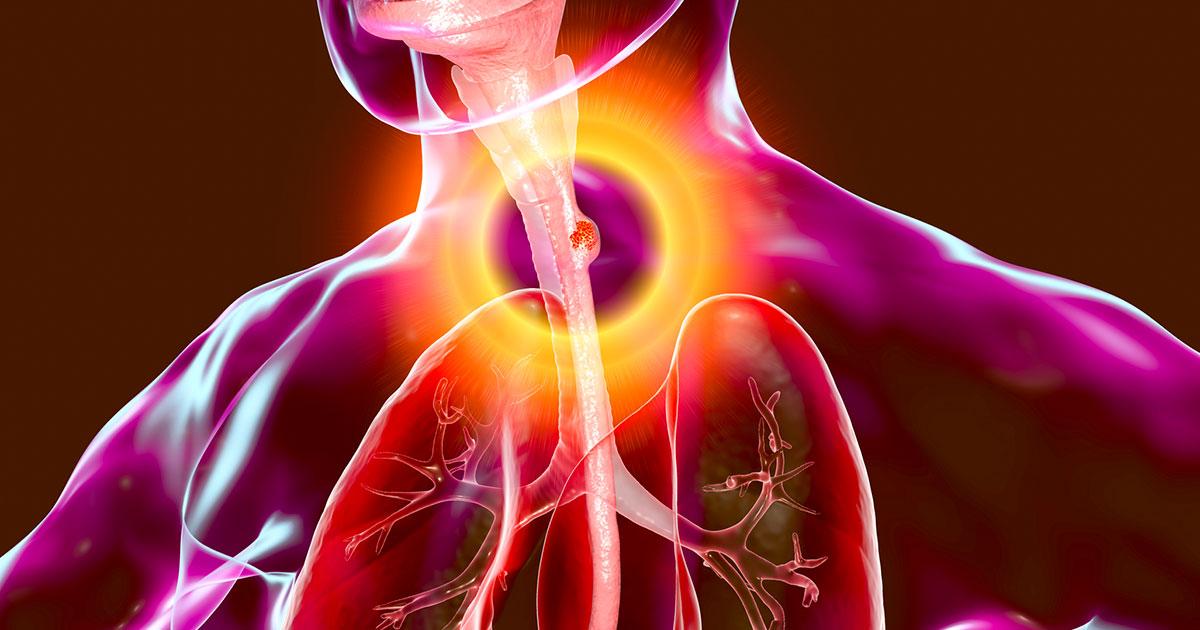
:max_bytes(150000):strip_icc()/esophageal-cancer-symptoms-5ae7793c43a1030036d4ca16.png)
/esophageal-cancer-diagnosis-5b47761246e0fb003701c4cb.png)
